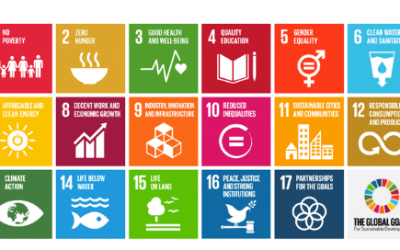I recall a trip to the Middle East where I found myself without any sanitary pads. It was a day where most pharmacy’s weren’t open but our travel guide found me one. When we walked in there were at least 5 men sitting around the store smoking and chatting away – they all stopped when they noticed me. Something I was used to by then. My guide translated what I needed and I felt incredibly awkward as all the men heard. With the biggest pads I’ve ever seen in my life in a big paper bag, I left the store with smiles of farewell to my new friends after our intimate experience together.
I have to say I did see the funny side – I was a foreign woman in a Muslim country, in a store filled with men, asking for sanitary pads. The kicker – when we left the travel guide’s young cousin who drove us there asked me out on a date for shisha (smoking pipe) and tea! Feeling incredibly vulnerable and uncomfortable, I declined.
This experience came rushing back to me after watching The Menstrual Man. I had one experience of vulnerability about menstruation but there are women around the world who experience it every month. This is an amazing story and one that I’m sure you will embrace.
 Arunachalam Muruganantham is the man who created a health revolution in rural India. Called the Menstrual Man, Muruganantham engineered a sanitary pad making machine which he has spread to 1,300 villages in 23 states in India.
Arunachalam Muruganantham is the man who created a health revolution in rural India. Called the Menstrual Man, Muruganantham engineered a sanitary pad making machine which he has spread to 1,300 villages in 23 states in India.
His clients, who are NGOs and women’s self-help groups, produce and sell the pads directly in a “by the women, for the women, and to the women” model.
In 1998 as a newly married man Muruganantham’s noticed his wife, Shanthi, hiding the rags she used as menstrual cloths. Like most men he had no idea about the reality of menstruation and was horrified that the cloths were his wife’s solution. When he asked why she didn’t buy sanitary pads, she told him that the expense would prevent her from buying staples like milk for the family.
This start years of study about menstruation, sanitary materials for pads and machine development much to the shock of his wife, family and village.
Today the machines are readily available and easy to use. Women in India now have the freedom to make sanitary napkins for themselves, however Muruganantham encourages them to produce the pads to sell and provide employment for women in poor communities.
In 2009, Muruganantham was honoured with a national Innovation Award. He is also now one of The World’s Top 100 Influential People (Time magazine).
To learn more about the 2013 documentary visit here. And you can read more about Muruganantham’s story, the BBC featured a recent profile on him or watch his TED talk. You can also view his company’s website.





